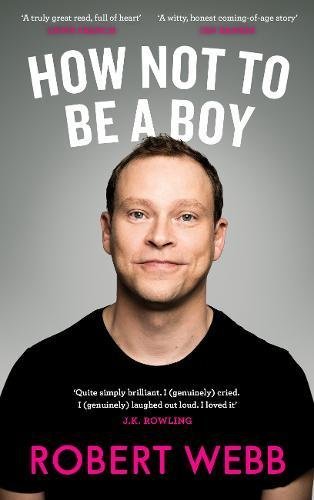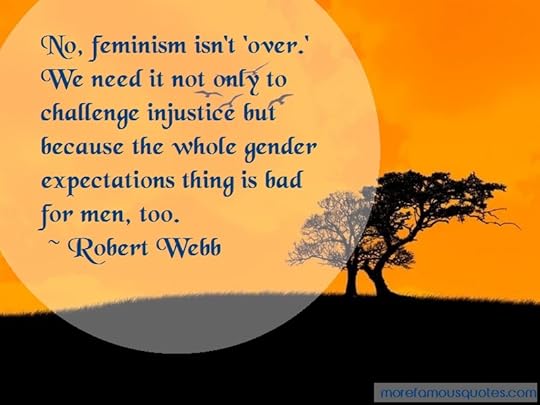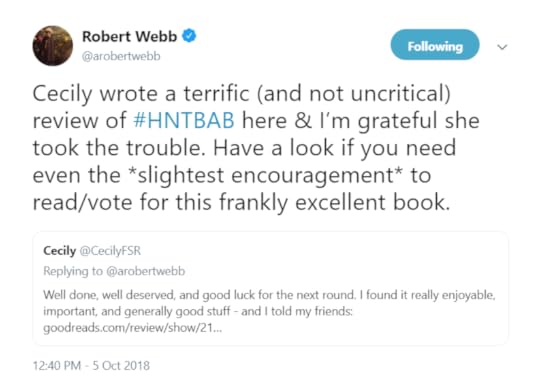What do you think?
Rate this book


Looking back over his life, from schoolboy crushes (on girls and boys) to discovering the power of making people laugh (in the Cambridge Footlights with David Mitchell), and from losing his beloved mother to becoming a husband and father, Robert Webb considers the absurd expectations boys and men have thrust upon them at every stage of life.
Hilarious and heartbreaking, How Not To Be a Boy explores the relationships that made Robert who he is as a man, the lessons we learn as sons and daughters, and the understanding that sometimes you aren't the Luke Skywalker of your life - you're actually Darth Vader.
'Quite simply brilliant. I (genuinely) cried. I (genuinely) laughed out loud. It's profound, touching, personal yet universal I loved it.' - J. K. Rowling"Takes us deftly from hilarity to heart-stopping hurt a truly great read, full of heart. - Dawn French
"Written with wit and clarity, How Not to Be a Boy is a funny, rueful, truthful book. I enjoyed every page." - Stephen Fry
"A witty, honest coming-of-age story with a subtext that tackles masculinity and manhood. Webb has a storytelling skill many would kill for." - Ian Rankin
"Simply brilliant." - Joanna Lumley
"A brilliant, brave book. - Matt Lucas
"Very funny and wise on the perils of masculinity. - Matt Haig
Publisher: Canongate Books Ltd ISBN: 9781786890085
336 pages, Hardcover
First published August 29, 2017




“The great thing about refusing to feel feelings is that, once you’ve denied them, you don’t have to take responsibility for them. Your feelings will be someone else’s problem – your mother’s problem, your girlfriend’s problem, your wife’s problem. If it has to come out at all, let it come out as anger. You’re allowed to be angry. It’s boyish and man-like to be angry.”
― Robert Webb, How Not To Be a Boy



